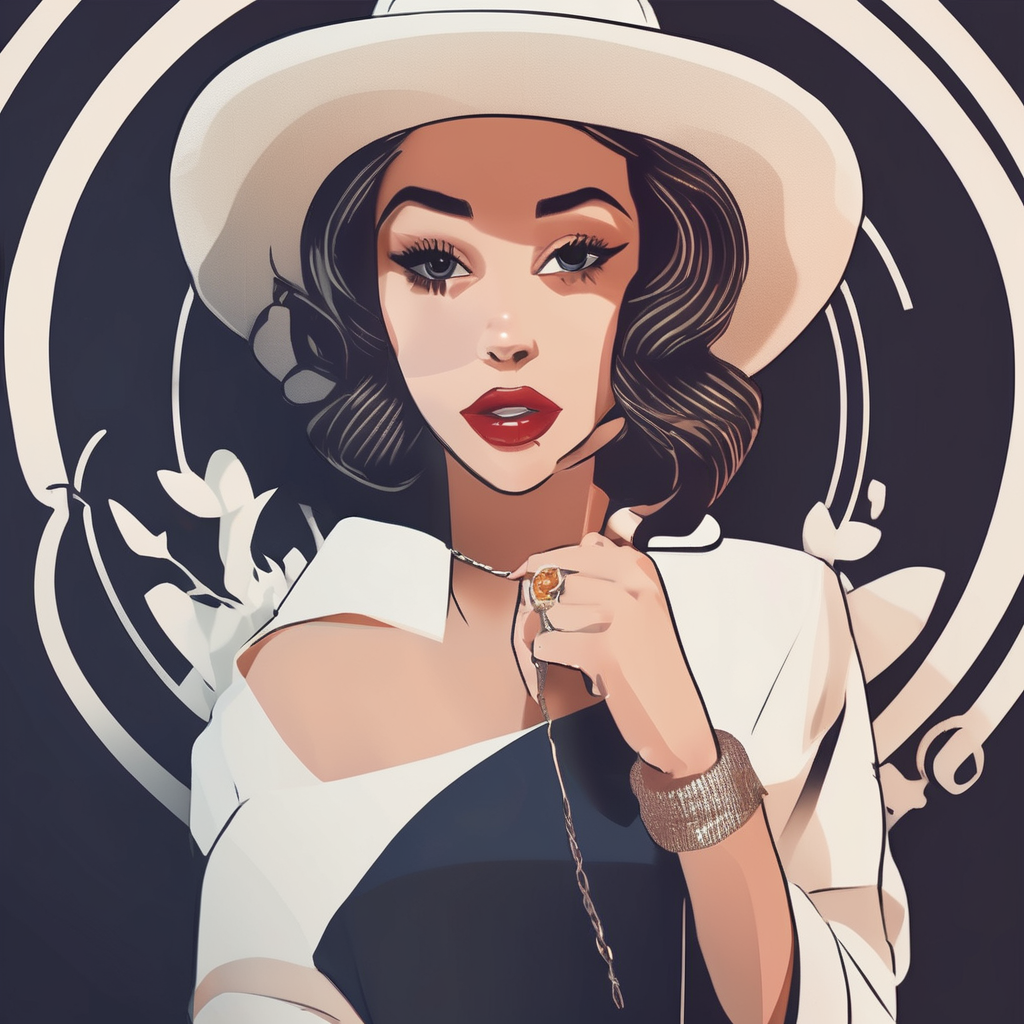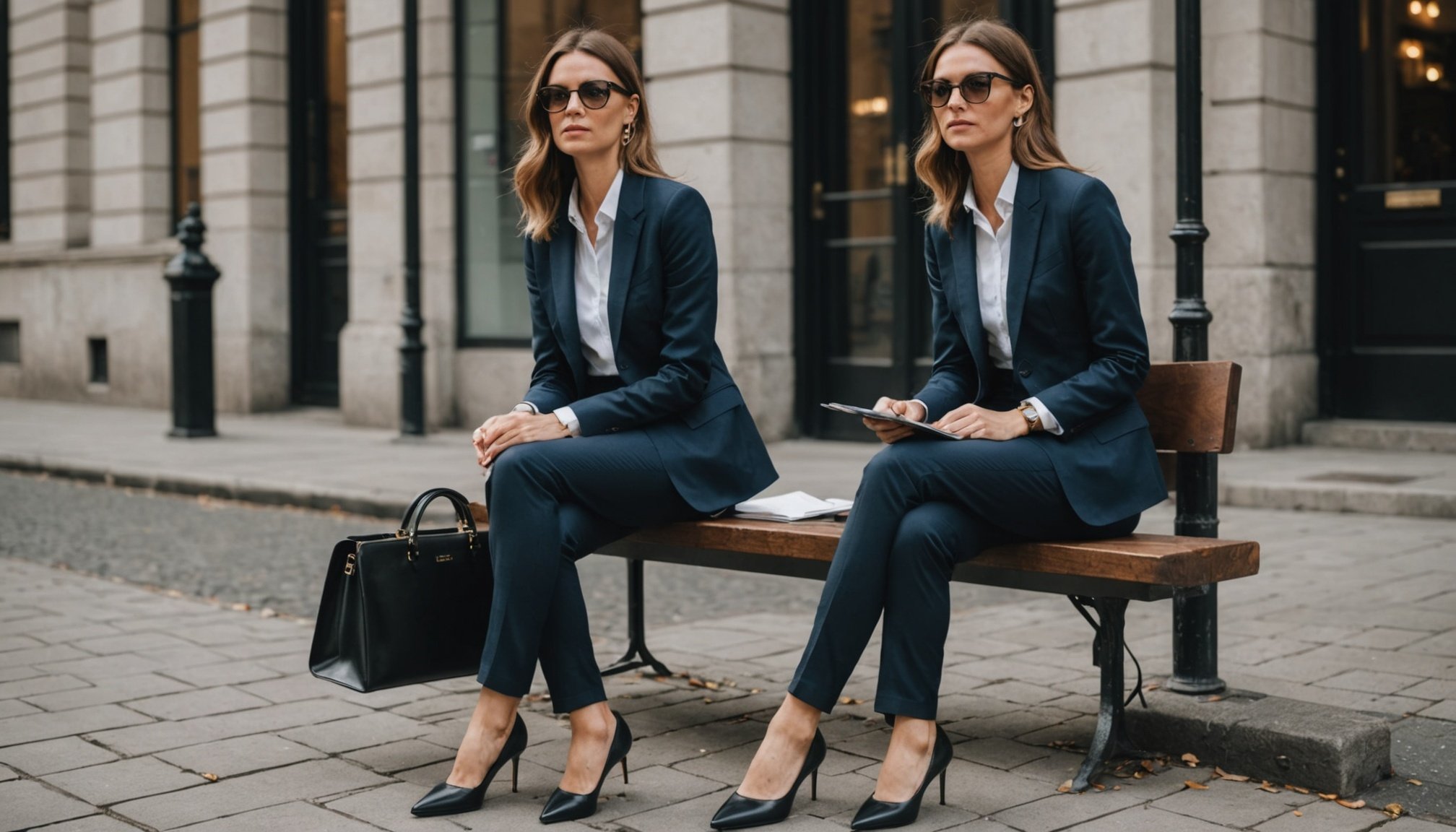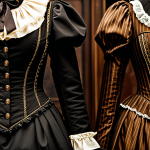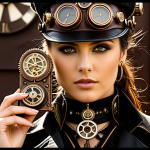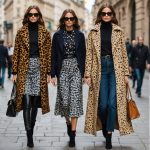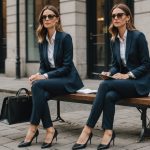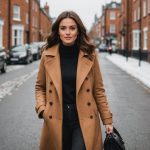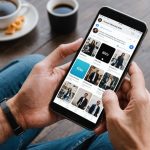When preparing for a job interview, the attire you choose can significantly impact the impression you make. In the world of fashion, where first impressions matter immensely, it is crucial to select an outfit that reflects professionalism and confidence. This article aims to guide you through the best ways to dress for a job interview, covering various aspects such as understanding the company’s dress code, selecting appropriate colors, and choosing the right shoes. By the end of this piece, you will have a comprehensive understanding of how to dress effectively for your next job interview.
Understanding Different Dress Codes
Navigating the world of interview attire begins with understanding the different dress codes prevalent in the business environment. Generally, companies fall into three primary categories: formal, business casual, and casual. Each category dictates specific expectations for how you should present yourself during an interview.
Topic to read : How can I style athleisure for a day out in the city?
For formal interviews, typically found in industries like finance or law, a suit is often the best choice. A tailored suit in classic colors such as navy, black, or gray conveys seriousness and professionalism. Pair it with a crisp shirt and a conservative tie for men or a sophisticated blouse for women. Accessories should be minimal to maintain a polished appearance.
Business casual attire is more flexible and is common in industries like marketing or tech. Here, you can opt for dress pants or a skirt combined with a smart shirt or blouse. While a tie may not be necessary, ensuring your outfit is neat and professional remains paramount. Choosing colors that reflect your personality while remaining understated is key—think muted tones rather than bright, flashy hues.
Also read : What accessories are essential for a festival-ready outfit?
Finally, some companies embrace a casual dress code, particularly startups or creative firms. This doesn’t mean wearing ripped jeans and a t-shirt, however. Instead, opt for smart casual options like tailored chinos or a dressy blouse. Maintain a level of professionalism; even in a casual setting, your appearance should communicate that you are taking the interview seriously.
Choosing the Right Colors for Your Outfit
The colors you choose for your interview attire play a significant role in how you are perceived. Each color exudes different emotions and messages, thus influencing the impression you create.
Neutral colors like black, gray, and navy are safe choices for interviews, conveying professionalism and reliability. These shades help you blend into the professional environment while allowing your qualifications to shine. If you want to introduce some personality, consider adding a pop of color through a shirt or accessory—subtle shades like burgundy, forest green, or soft pastels can add warmth without being overwhelming.
It’s wise to avoid overly vibrant or flashy colors that may distract from your capabilities. Bright hues can be interpreted as unprofessional or immature in a serious setting. Instead, think about the psychological impact of colors. For example, blue represents trust and dependability, while green is associated with growth and balance.
In addition to color choice, it’s important to consider how the colors you wear align with the brand of the company you’re interviewing for. Research the company culture and see what colors their branding incorporates. This will give you an insight into what may resonate with the hiring team. Ultimately, choosing colors that complement your style while aligning with professional standards is essential for success in a job interview.
Accessorizing Your Interview Attire
Accessories can elevate your interview outfit, but they must be chosen wisely. The goal is to enhance your professional appearance without overwhelming it. Subtlety is key here.
For men, a classic watch or a simple tie can add a touch of sophistication. Avoid flashy or overly decorative accessories that could draw attention away from your qualifications. It’s best to stick with understated shoes that are clean and polished, as footwear can make or break your overall look.
Women have a bit more leeway with accessories but should still aim for simplicity. A pair of stud earrings or a delicate necklace can enhance your look without being distracting. When it comes to shoes, opt for closed-toe heels or flats that are comfortable yet professional. Again, avoid shoes that are too high or flamboyant, as they may convey a lack of seriousness.
Remember that the overall goal of your accessories is to create a cohesive appearance. Each piece should complement your outfit and convey a sense of professionalism. Your accessories should reflect your personality without overpowering the sophisticated nature of your interview attire. Thoughtful accessorizing will leave a lasting impression while keeping the focus on your qualifications.
Final Touches: Grooming and Presentation
Your presentation goes beyond your outfit and accessories. Grooming plays a pivotal role in how you present yourself in an interview. Taking the time to ensure you look polished will significantly enhance your chances of making a positive impression.
Start with your hair. For men, a neat haircut and facial grooming (if applicable) set the tone for professionalism. For women, consider a hairstyle that is both stylish and practical, keeping hair away from your face to maintain a clear line of sight during conversation.
Next, consider your makeup. If you choose to wear makeup, aim for a natural look that enhances your features rather than draws attention. Avoid bold statements—subtlety can communicate professionalism more effectively.
Lastly, ensure that your outfit is clean, pressed, and free of wrinkles. Double-check that your shoes are polished and in good condition. These small details can make a significant difference in how you are perceived during the interview. Remember, your overall appearance should communicate that you respect the interview process and are serious about the opportunity at hand.
Dressing for a job interview in the fashion industry requires careful consideration and preparation. By understanding the various dress codes, choosing appropriate colors, accessorizing thoughtfully, and presenting yourself well, you can create a powerful impression that resonates with your potential employer. Remember that your attire is an extension of your personal brand. Strive for a balance between professionalism and individuality, ensuring you feel confident and comfortable in your choices. With this knowledge in hand, you are better equipped to navigate the complexities of interview fashion, setting yourself up for success in your career journey.
